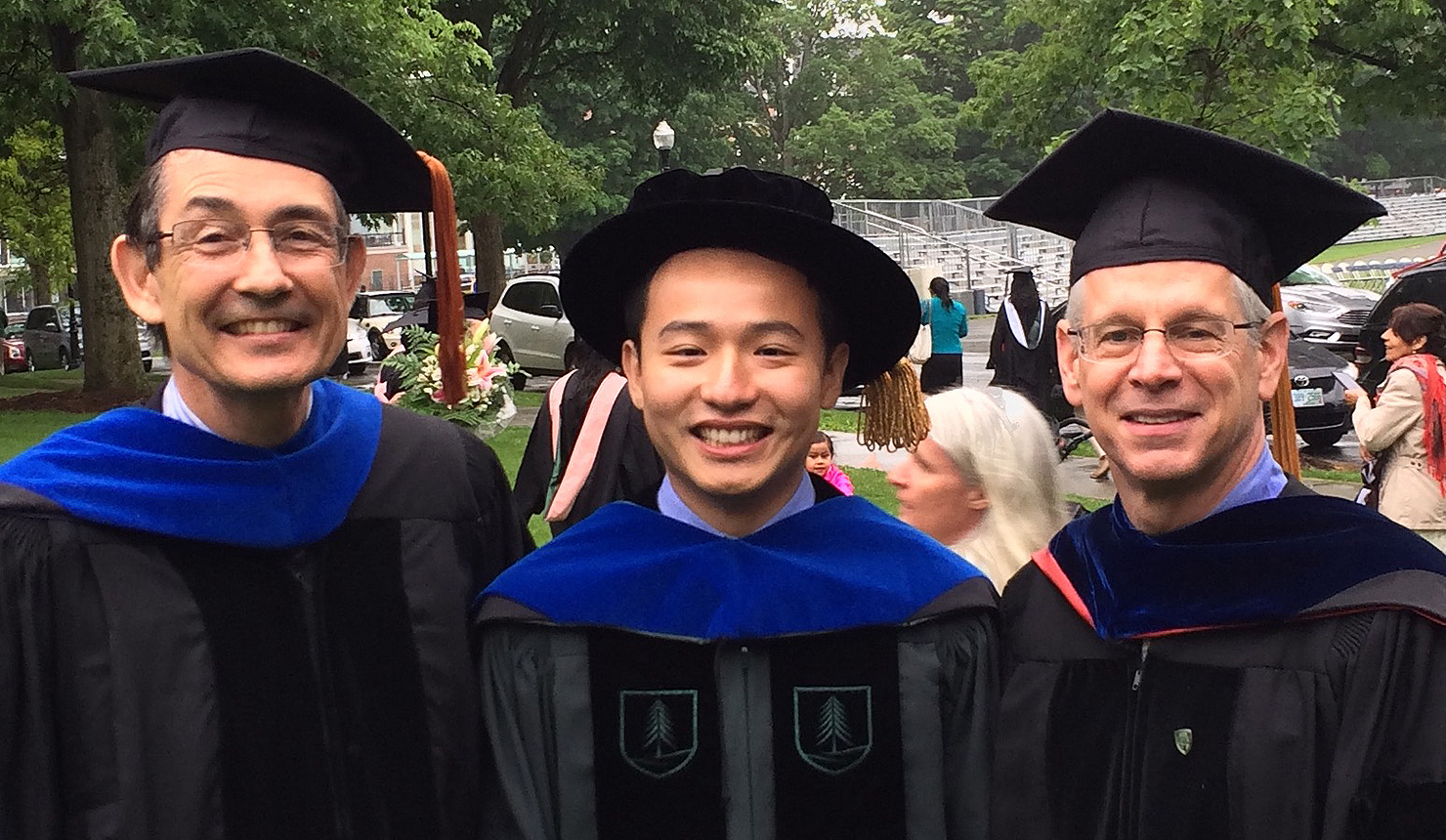View story – As a guest on “Morning Report,” Ellen Meara, professor of the Dartmouth Institute for Health Policy and Clinical Practice and adjunct professor of economics, discusses how the different laws aimed at curbing opioid abuse over the last seven years have not helped to slow overdoses.
Articles by: Geisel Communications
How to Save Time and Money Managing Multiple Doctor Visits – U.S. News & World Report
Read article – Quotes Julie Bynum, associate professor of medicine and of the Dartmouth Institute for Health Policy and Clinical Practice, about a new study that shows those on Medicare who have two chronic conditions come in contact with the health care system an average of 33 days per year. She argues all that time in the system might not be necessary. “What’s the difference in places that are using a lot more [days]?” asks Bynum.
Medicare ACOs Have Achieved Savings in Providing Care to Patients with Multiple Conditions
Until recently, little has been known about the effect of Medicare Accountable Care Organizations on overall spending, and whether they have been able to reduce the use of high-cost care settings. A new Dartmouth Institute study led by Carrie Colla finds that Medicare ACOs are making modest, yet increasing gains in these areas, particularly when it comes to treating patients with multiple conditions who are responsible for the greatest proportion of spending.
Transgender Personal Trainer Builds Strength and Community – NBC News
Read article – Quotes Leslie Henderson, senior associate dean for academic affairs and associate dean for diversity and inclusion, and professor of physiology and neurobiology and of biochemistry, about how transgenderism isn’t an innate problem, it’s an innate disposition. “There is good evidence that there is a fundamental biological basis to gender identity. We may not understand all the factors, but we do know there are critical periods in development right around birth when hormones can permanently change the brain: sexual orientation and gender identity may be established in those early times,” says Henderson.
Buying Lunch Might Help Drug Makers Win Over Doctors Who Have Little Reason to Prescribe Their Brand – Forbes
Read article – Quotes Steven Woloshin, professor of medicine, community and family medicine, and of the Dartmouth Institute for Health Policy and Clinical Practice, about a new study that found that doctors who accepted even a single free lunch (or, for that matter, free dinner) from pharmaceutical companies were more likely to prescribe their host’s pricey brand-name drug to Medicare beneficiaries instead of a cheaper, equally effective generic alternative. Woloshin was not involved in the study.
Do Women Who Donate Their Eggs Run a Health Risk? – The Washington Post
Read article – Quotes Judy E. Stern, professor of obstetrics and gynecology and professor of pathology, about the potential health risks of egg donation. “I think if there had been huge health risks [from IVF], we would have seen that over the last 30 years,” says Stern. “That suggests the absolute risk is fairly low. But we don’t know anything about the donors,” whose risks may differ from infertile women undergoing IVF. “These are presumably fertile women and they may respond to medications [differently] than infertile women.”
A Life: Allan Munck Was Known for ‘Intellectual Honesty … Thoughtful Mentoring’ – Valley News
Read article – An article remembering the life of Allan Munck, professor of physiology emeritus, whose solutions to some key problems in physiology inspired his colleagues at the medical school and earned him worldwide acclaim as an intellectual trailblazer.
Eye Charity Takes Airborne Healing to World – Voice of America
Read article – Quotes Rosalind Stevens, active emeritus professor of surgery, who volunteers for the international charity Orbis which is helping the visually impaired through a flying hospital staffed by volunteer doctors and medical workers. It recently unveiled a new version of its airborne clinic, which will take the latest medical technology around the world. “When we remove the patch the next day, frequently the patient breaks into a big smile,” says Stevens.
Diseases Are on the Rise in Maine, But the Causes Aren’t Outside Our Borders – Bangor Daily News
Read article – Cites a paper authored by researchers at the Geisel School of Medicine that found within only six months to a year after beginning intravenous drug use, 50 to 80 percent of drug users test positive for the hepatitis C antibody.
BMDS’s David Qian Receives Biomedical Research Award
Biomedical Data Science (BMDS) graduate student David Qian was awarded the prestigous John W. Strohbehn Medal for Excellence in Biomedical Research at the Dartmouth College’s Graduate Investiture Ceremony.

